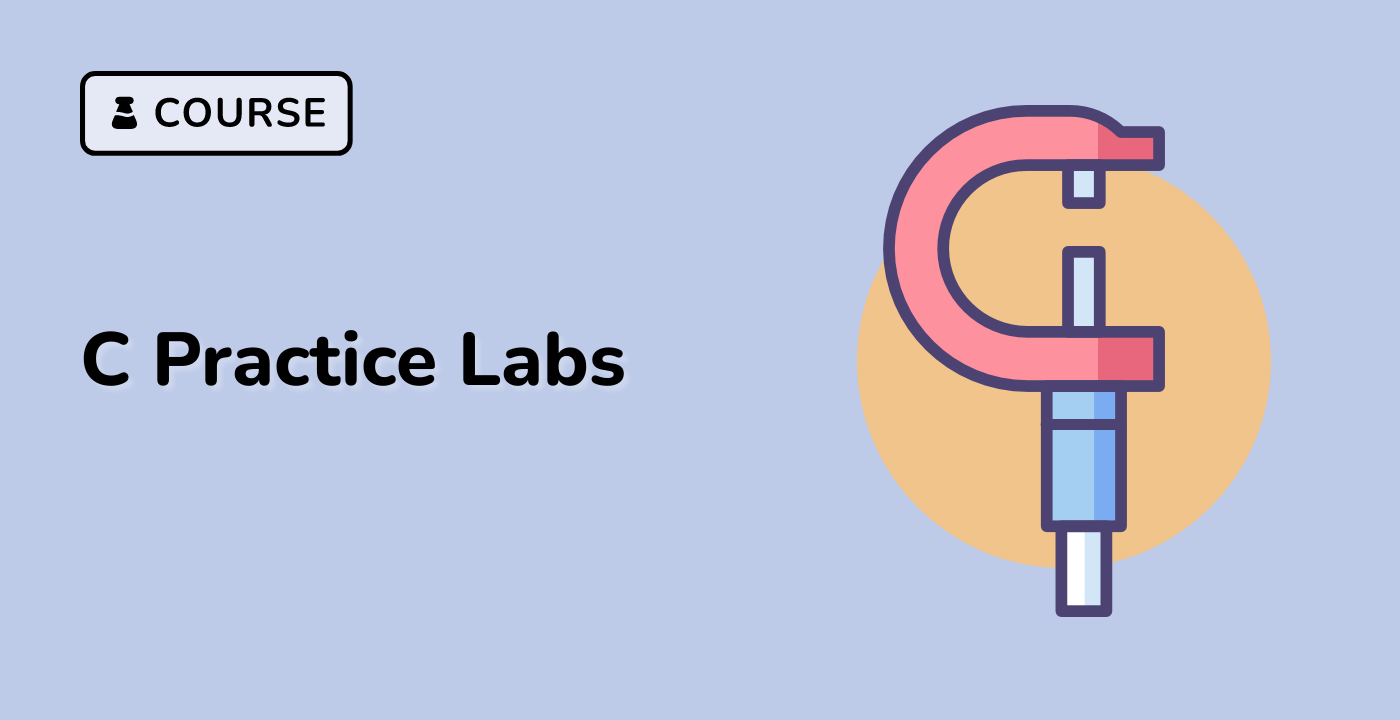Troubleshooting Techniques
Systematic Approach to Resolving Library Reference Issues
Troubleshooting library reference problems requires a methodical and strategic approach to identify and resolve linking errors effectively.
| Tool |
Purpose |
Command Example |
ldd |
Check library dependencies |
ldd ./executable |
nm |
List symbol information |
nm -D libexample.so |
objdump |
Analyze binary files |
objdump -T libexample.so |
Troubleshooting Workflow
graph TD
A[Identify Error] --> B{Analyze Error Message}
B --> |Undefined Reference| C[Check Library Inclusion]
B --> |Path Issue| D[Verify Library Paths]
B --> |Compatibility| E[Check Library Versions]
C --> F[Resolve Dependencies]
D --> G[Update Library Search Paths]
E --> H[Manage Library Versions]
Common Troubleshooting Techniques
1. Library Dependency Analysis
## Check shared library dependencies
ldd ./myprogram
## Verbose library information
LD_DEBUG=libs ./myprogram
2. Library Path Configuration
## Temporary library path
export LD_LIBRARY_PATH=/custom/lib:$LD_LIBRARY_PATH
## Permanent configuration
sudo ldconfig /custom/lib
3. Compilation Debugging
## Verbose compilation
gcc -v main.c -L/lib/path -lmylib -o program
## Detailed linker information
gcc -#### main.c -lmylib
Advanced Troubleshooting Techniques
Symbol Resolution
## List symbols in library
nm -D libexample.so
## Find undefined symbols
nm -u ./executable
Version Compatibility
## Check library versions
ldconfig -p | grep libexample
LabEx Recommendation
In LabEx development environments, systematically applying these troubleshooting techniques can significantly reduce library linking challenges.
Best Practices
- Always use verbose compilation flags
- Maintain updated library configurations
- Understand library dependency chains
- Use system-level diagnostic tools
Common Resolution Strategies
- Update library packages
- Reinstall missing libraries
- Check compilation flags
- Verify library compatibility




